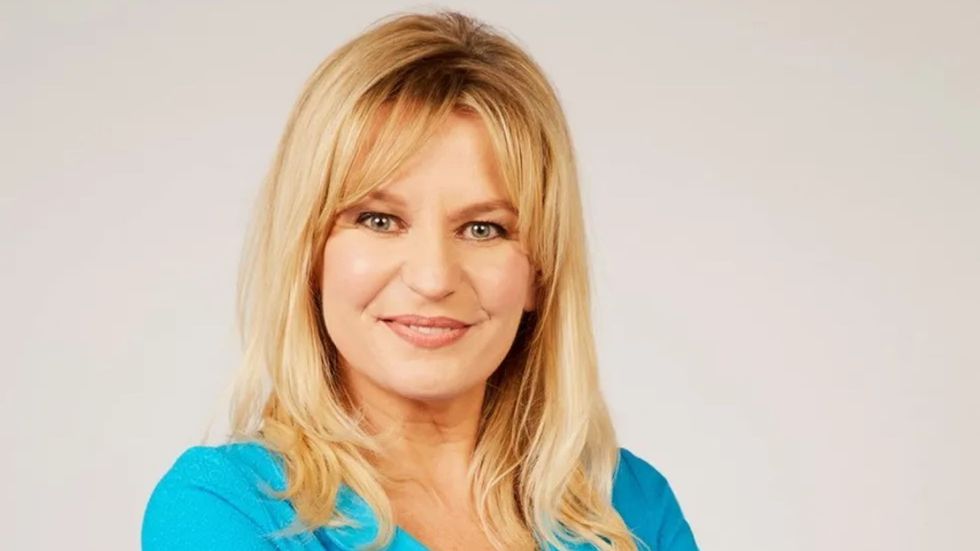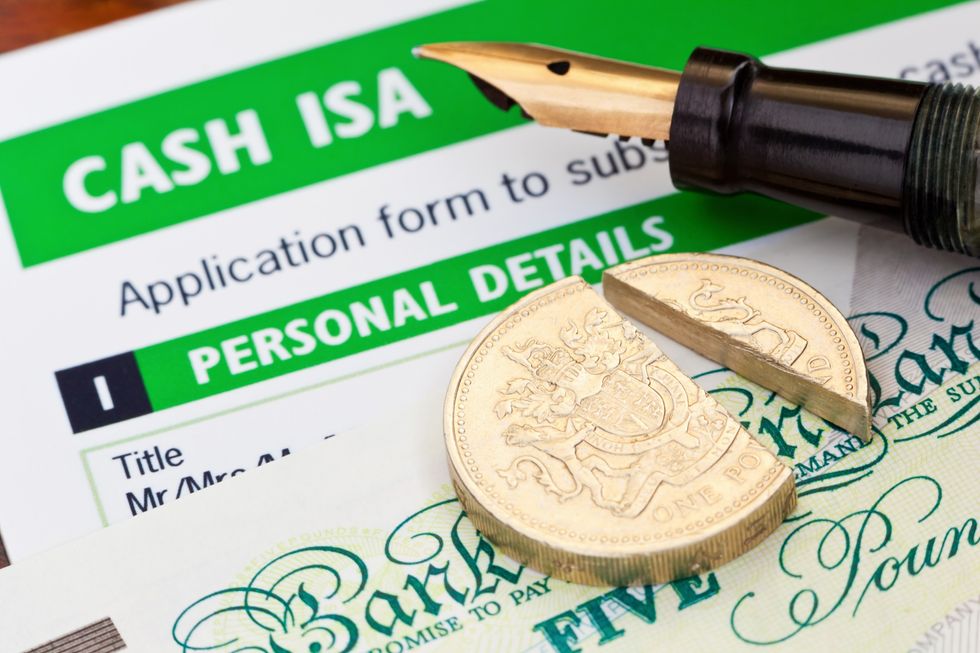Savers urged to be careful of tax on savings interest
GBNEWS
Money expert Jasmine Birtles explains the pros and cons of ISAs amid reports the savings vehicle needs reforming
Don't Miss
Most Read
Trending on GB News
ISAs have "come under threat" as the Chancellor is believed to have been pressured to cut tax relief on cash ISAs to push savers towards more volatile investments.
Lifetime ISAs have also come under attack with experts stating current rules make the product 'not fit for purpose'.
Amid all the uncertainty, Jasmine Birtles discusses what ISAs are, and explains the pros and cons of the different products available to savers.
Jasmine Birtles is GBN Membership's money expert. Got a question you'd like her to answer? Email temie.laleye@gbnews.uk.
ISA Pros and Cons
ISAs are generally a really good, tax-efficient way to save your money. However, there are some downsides to consider before you move your cash.
What is an ISA?
Individual Savings Accounts (ISAs) are investments that you don’t have to pay tax on. You aren’t taxed on the interest you earn on savings held in a Cash ISA or money made on your investments in a stocks and shares ISA, for example. But you’re only allowed to pay in a total of £20,000 each tax year into any kind of ISA.

Jasmine Birtles explains the pros and cons of ISAs amid reports the savings vehicle needs reforming
JASMINE BIRTLESCash ISA
The Cash ISA is the one most people will have heard of.
They offer easy access and fixed term options and you con’t pay tax on the interest you make. Easy access means you can take your money out whenever you want.
Fixed term deals tend to offer better interest rates but they lock your cash away for one, two, three, or five years. The longer the term the better the rate, usually.
Growth on a cash ISA is slower than other options, but these are often seen as the ‘safe’ option.
Stocks and Shares ISA
Stocks and Shares ISAs let you invest your money into shares within the tax-free wrapper of an ISA, which means you don’t pay tax on gains you make on your investments held within the account.
There are lots of different options for stocks and shares ISAs. You can get ‘off the shelf’investment ISAs on platforms like Trading212 (which also has a cash ISA, Moneybox (which allows you to have uninvested cash earning interest in the same account) and XTB’s Flexible Stocks ISA.
Stocks and Shares ISAs do come with fees for transactions and sometimes also a management fee.
Lifetime ISA
A Lifetime ISA (LISA) has two very specific scenarios: either you’ll use the ISA savings as a house deposit on your first property, or you’ll take your cash out once you turn 60 years old.
You can only pay in £4000 a year into a LISA, and choose from a cash or stocks type. The big draw of them is that the Government tops up anything you put in with a 25% bonus . So, if you pay in the full £4000 a year, that’s an extra £1000 free cash on top.
You can only open one and need to be aged between 18 and 39 on the day of opening, and can pay into it until you’re aged 50.
Innovative Finance ISA
An Innovative Finance ISA (IFISA) is an ISA that allows you to put money into modern, ‘fintech’ (financial technology) products, These have the potential to do very well and often offer good returns, but they can be risky.
It is worth knowing that IFISAs are also not FSCS protected, so your savings could be at risk if the platform folds.
 ISAs are useful tools for those looking to save more than the personal savings allowance threshold without having to pay tax GETTY
ISAs are useful tools for those looking to save more than the personal savings allowance threshold without having to pay tax GETTYJunior ISA
Junior ISAs are for under-18s and can be set up the day a baby is born and you can put up to £9,000 per tax year into them. They’re a great tax-free saving vehicle for your children.
However, bear in mind that any money in the account is considered theirs – unless you’re applying for means-tested benefits, when it might be taken into consideration.
There are plenty of Junior ISA options from high street banks or from specialists like Wesleyan. The money can be put into a cash ISA, stocks and shares ISA or both.
Junior ISAs can be cash or stocks, and your child can have one of each type. The total you can pay in each year is £9,000, which is separate from your personal £20,000 ISA limit. When they turn 16 they can control the account but they cannot access the cash until they are 18.







